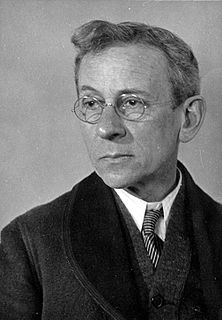A Quote by Frederick Douglass
I expose slavery in this country, because to expose it is to kill it. Slavery is one of those monsters of darkness to whom the light of truth is death.
Related Quotes
Ben Skinner's brains and courage take us into the belly of the beast and expose the ugly truth of modern slavery. Instead of sensation, A Crime So Monstrous gives us desperately needed insight and analysis. This is an important book, the first deep look into America's confused relationship with human trafficking and slavery today. Skinner's balanced dissection of our government's haphazard policies will be controversial, but it can also be the foundation for a new anti-slavery agenda, one that ends the political games being played with the lives of slaves.
As for slavery, there is no need for me to speak of its bad aspects. The only thing requiring explanation is the good side of slavery. I do not mean indirect slavery, the slavery of proletariat; I mean direct slavery, the slavery of the Blacks in Surinam, in Brazil, in the southern regions of North America. Direct slavery is as much the pivot upon which our present-day industrialism turns as are machinery, credit, etc. … Slavery is therefore an economic category of paramount importance.
Half the country seceded from the other half when Abraham Lincoln was elected because half the country couldn't abide his position on slavery. You would think 150 years later this had all become pretty historically incontestable. Yet millions continue to contest it in the face of history. Rather the denial of slavery and all its monstrous repercussions defines to one twin America what the country is and means, and therein is the DNA of those "alternative facts" that people believe when they can't stand to believe the truth.
We call 'Slavery is wrong' a moral truth because there is a specific history of theoretical investigation of a particular kind of slavery. We discussed it for centuries in metaphysical, economic, biological, and philosophical terms; we listened to all the arguments pro and con, we read all the testimonies of slaves and witnesses, and we decided. Though this 'we" is not everybody on earth, or even most people, who've never thought about slavery much.
The confused mass of rules of conduct called law, which has been bequeathed to us by slavery, serfdom, feudalism, and royalty, has taken the place of those stone monsters, before whom human victims used to be immolated, and whom slavish savages dared not even touch lest they should be slain by the thunderbolts of heaven.
In terms of America, I think any profound consideration is bound to return us to the notion of twins because, though you certainly can contend there are many Americas, our history has been binary from the beginning, with its hairline fracture down the country's center between what American has wanted to be and what America has been. That fracture is slavery, of course. To some extent it's still slavery, in that collectively we refuse to come to grips with the American fact of slavery.


































